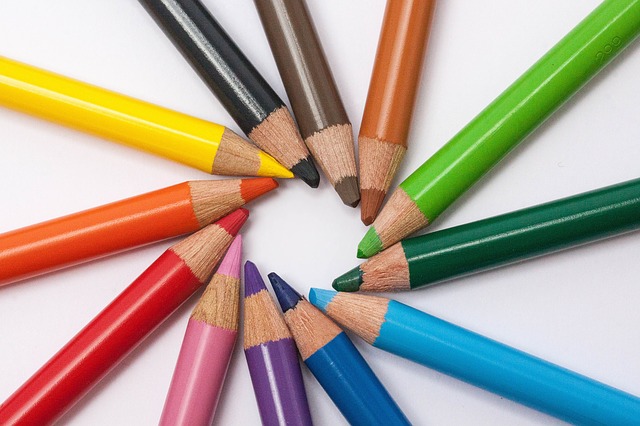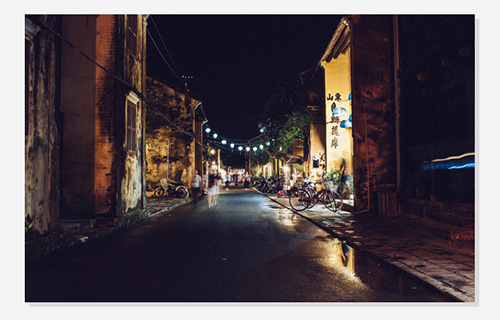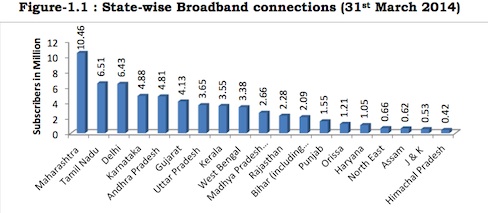Design versus art. What’s the difference, and how does it affect your career as a designer? We all know there is a difference, and those outside our industry might not be able to see it. Your parents, for example, might refer to you as an “artist” even though you are a professional designer.

How do you tell them, or anyone else who asks, that there’s a big difference between art and design? Are you even sure yourself what the difference is? Read on to find out.
Recommended Reading: 6 Key Things Lacking In The Design Community Today
Art Asks, Design Answers
Let’s go back to when you first decided you wanted to be a designer. For me, it was while I was in school. I thought I wanted to be an “artist,” when really, I discovered that my skill set was better suited to design. Why? Because I enjoyed the process of solving problems. I wasn’t as interested in posing unanswerable questions for the world to ponder. I wanted to nail down a system for understanding the world around me.
Read Also: What You Discover After Finishing Design School
The bottom line – the main difference between art and design – is that art asks questions, while design answers them. Design is there to fill a need. Art fills no need except its own internal need to exist and challenge the viewer. That’s not a bad thing, by the way. Art is one of the fundamental building blocks of human culture; every culture that has ever existed has its own unique art forms that they leave behind for future generations. Think of archaeologists – what is the most common thing you hear about that is uncovered from civilizations past? That’s right – art. Pottery, architecture, paintings on walls or stones. Art is very important. And so is design.
No Time For Wonder
Art inspires wonder and awe. When you look at a painting, sculpture, collage, or installation, your mind starts to churn with a horde of dazzling new ideas, and you get inspired to ponder all the endless possibilities that have now been introduced to you by the artist and her work. Ah, the magic of art. What an exhilarating, deeply fulfilling experience.
Designers have no time for that. If people are in awe of your design, that’s cool, but it’s not the main reason you created it. You design to make people’s lives better in ways they don’t necessarily see or appreciate, but without which they would be lost. The art lovers crowding around that Van Gogh at the Louvre probably all have their phones out, taking pictures. They aren’t paying attention to their camera apps, but the designer who created it plays a very important role in allowing them to share their experience with their friends.
Art Has No Set Process
Art has no process that can be replicated across the board to achieve an optimal result. There are no rules. At all. There used to be rules about who could paint what, but all of those got dumped with the rise of modernism. Ever since Éduoard Manet started painting prostitutes instead of aristocrats, the art world has been slowly divesting itself of every single rule it once had. Some people are unhappy about this, but that’s the way it is. Anything can be art – a urinal, a tree, a dog – anything. Art has no rules.
There are, however, rules in design. Even if the result is “ugly,” there’s an underlying structure there that solves a problem. There are the physical rules of design: the grid, the color wheel, the rules of composition and layout. Then there are the rules about what the design is supposed to do. What problem are you solving? Is it ergonomic enough? What will the psychological response of the average user be to this particular arrangement of design elements? Will it cause them distress, or will they have a good experience?
These are all rules that designers must take into account if they are to create a successful design. These types of rules may make an artist break out in a rash. But not us designers. We love this kind of stuff. Why? Well, I’ll tell you…
Philosophical Opposites
You can appreciate a design even more once you know why it was made. It’s not just a pretty picture – there’s a concrete reason why it exists and a concrete problem that it solves. Design geeks love to get into the nitty gritty of what makes a particular design work so well. Simply put, designers use the left (mathematical) sides of their brains to create work that resembles something from the right (artistic) side.
Read Also: Why You Need A Brain Trust (And 5 Steps To Build Your Own)
Art, as we’ve learned, has none of this structure or reason for existing. You don’t need to understand why a work of art exists or how it was made. All you need to do is appreciate it for what it is. Art for art’s sake, as they say. That’s not to say there’s no value in analyzing art according to the time it was made, or deconstructing the process. It just isn’t necessary in order for you to enjoy it.
Too Much Design Ruins Art, And Vice Versa
Exactly what it says above. Art and design are related, in a general sort of way, but, as we’ve seen today, they are not identical at all. The two are entirely separate disciplines, and things can get very muddled if you merge them too much.
Imagine if you brought home a chair that was in an art installation, and you sat on it. It now has lost its value as art, and is just another chair. Art is much more dependent on the context in which it exists than design is. In fact, I would say that design is the context much of the time.
Again, art and design are both vital to human culture and progress. I love and enjoy them both, but at heart, I am a designer. If you love to provide solutions to problems, rather than ask questions, then you are probably a designer too. If you’re the opposite, you’re most likely an artist.
What Do You Think?
Are you a designer or an artist? What other differences and parallels can you draw between art and design? Tell us what you think in the comments.
Related posts:
![]()

























No Comments